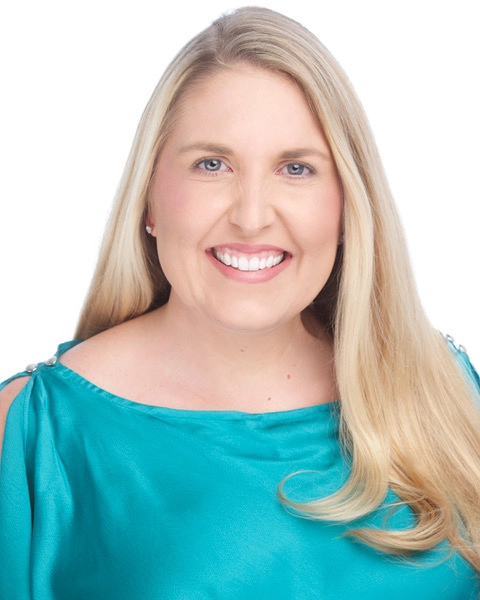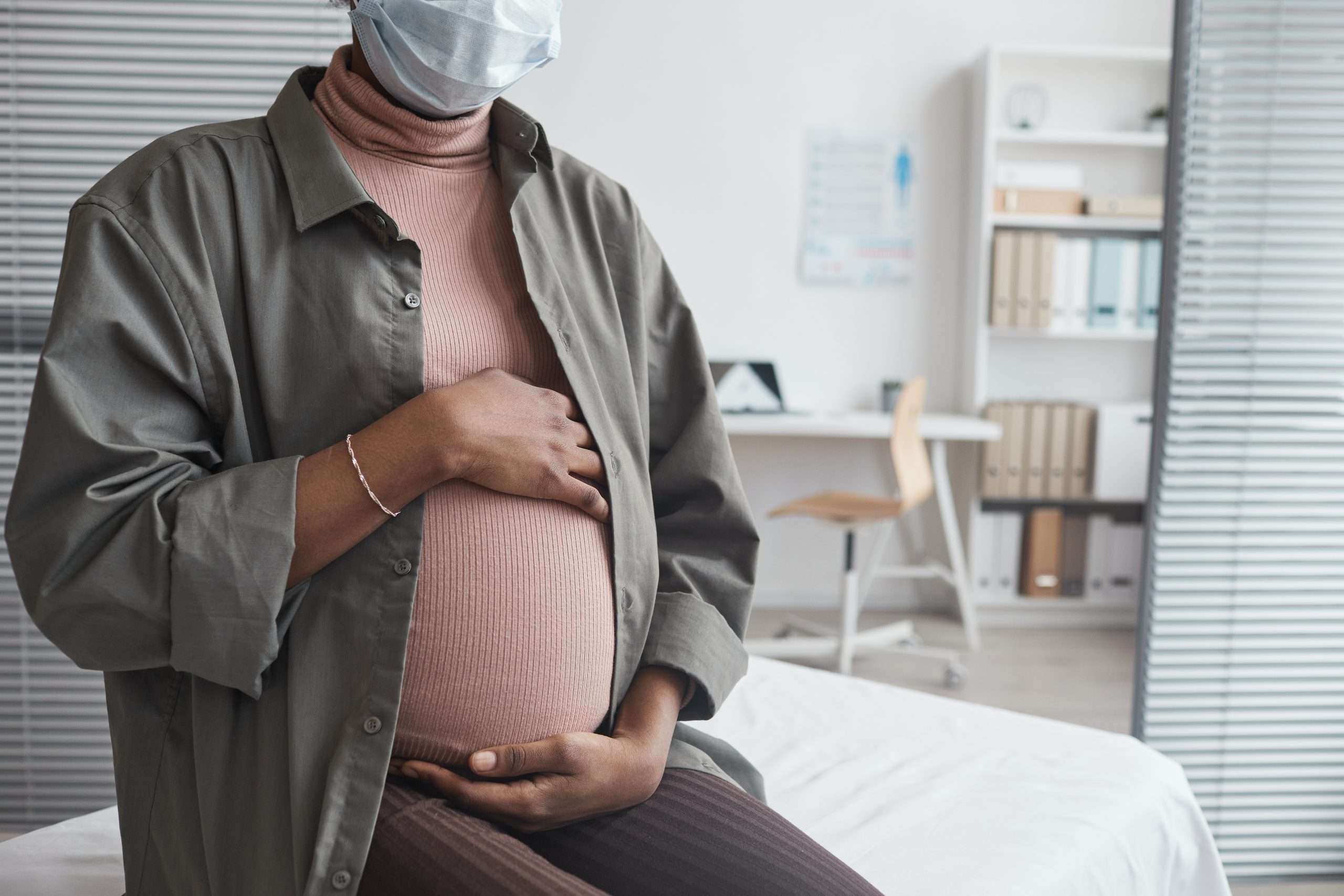Dr. Amy Johnson-Grass, a women’s health specialist and expert on maternity and postpartum care, sat down with Twins Magazine to share some of what expecting twin moms should and should not be worried about during the COVID-19 pandemic. Looking for ways to ensure a healthy pregnancy, delivery, and postpartum experience? Read on!
Dr. Johnson-Grass’s Philosophy on Maternity Care
As a Doctor of Naturopathic Medicine, a midwife, and the President of the American Association of Birth Centers, Dr. Johnson-Grass has a unique philosophy on how to treat expecting women during their pregnancy, delivery, and their postpartum period. Her birthing centers are strongly grounded in the principles of educating women and creating awareness about pregnancy.
Providers throughout Dr. Johnson-Grass’s practice provide a high level of information and education. This includes traditional pregnancy topics, as well as nutrition, exercise, and supplementation. Their goal is for women to have the healthiest pregnancy possible and ensure that they are having a good experience.
Dr. Grass-Johson’s practice uses a preventative model of medicine, that includes nutrition, exercise, and supplementation to help women achieve the healthiest pregnancy possible.
Her philosophy for helping to educate and support women grew from an all-too-common phenomenon of women gathering too much information from the media, movies, social media. The flood of information, according to Dr. Johnson-Grass, can create a very unrealistic vision of what pregnancy, delivery, and postpartum experience is really like. Her work is aimed directly at education and awareness for women about their pregnancy.
How the COVID-19 pandemic is changing the way she practices medicine and cares for her pregnant patients
The COVID-19 health crisis has completely changed the way many doctors are practicing medicine.
In the case of Dr. Johnson-Grass’s practice, she notes a significant change in how her staff delivers the ever-important educational piece, which is now being delivered virtually. Birthing classes are being offered completely online. So far, she has received excellent feedback from patients, that in many respects, taking digital classes has eliminated some of the barriers to attendance. Some of these educational elements may remain digital (or at least have an option for digital attendance) once the health crisis has passed.
In most practices, women are still being seen in person at key periods where evaluations need to be done. General office visits are being completed when these tests are required. This way can be seen by their doctor but the potential exposure to the virus is limited.
Virtual Health Care
As the number of cases of the coronavirus spread throughout the world, an increasing number of doctors began providing care virtually. This means that providers and patients have to stay in communication to ensure a safe and healthy pregnancy.
In the case of maternity care, moms-to-be, who might be at risk for preeclampsia are encouraged to have a blood pressure cuff at home. Many practices have also begun, offering drive-up care for things such as routine lab work, blood pressure checks, and other evaluations that are brief but must be done in person.
“For birth plans to stay on track and on course, really go into it as healthy as you can. “
What should expectant moms do in the midst of the COVID-19 pandemic?
Dr. Johnson-Grass advises her patients to practice great social distancing and self-quarantine at home. As you approach delivery, it is even more important to stay at home and avoid potential exposure. For singleton pregnancies, 35 weeks is an ideal time to begin self-quarantine. For twin moms, the time would be much earlier perhaps as early as 30 weeks.
She explained, “The normal delivery window is between 37 and 42 weeks. Twins moms we know often can go earlier. Knowing COVID has a 2-week cycle. Self-quarantine at that time, so [that] if you do get sick, it has cycled out and you are going into labor as healthy as you can.”
While this might seem like a heavy burden for expectant moms, Dr. Johnson-Grass explained how all the worries moms have right now about not having their partner with them, separation from loved ones, not being able to breastfeed or an impact on infant bonding, could become a reality if they have COVID-19 at the time of delivery.
“For birth plans to stay on track and on course, really go into it as healthy as you can. “
What are the biggest worries of expecting moms today?
The biggest worries that seem to exist for many moms expecting during the coronavirus pandemic include:
- Not being able to have a support person with them
- Exposure to the virus
- Not having a doula present with them in the hospital
- Not having access to the hospital
- Lack of support
- Difficulty breastfeeding
- Being separated from their babies (if they require a NICU stay)
Being pregnant with twins is worrisome outside of a health crisis. So it is normal for women to be worried about what their labor and delivery experience will be like in such an uncertain time.
What can pregnant women do to minimize their worry?
The most important thing expecting moms can do is to gather all the information they can. Information takes away the unknown and the unknown is often the main source of stress and anxiety.
If you are worried about not having your doula with you, ask how they can support you virtually. If you have concerns about who can be with you during and after delivery, ask your provider what the hospital support person policy is right now.
Dr. Johnson-Grass noted that healthcare providers are more than willing to answer questions. The problem is that, oftentimes, expectant moms don’t know what questions to ask. This is why the preventative model and educational approach to pregnancy, delivery, and postpartum are key. Pregnant women who gather as much information as they can will know exactly what questions to ask.
Some important things women should be asking their healthcare providers in the face of COVID-19 include:
- What is the hospital’s support person policy?
- What should I expect when I arrive at the hospital?
- What kind of screening is being done upon arrival at the hospital? (Checking temperatures, health screenings, etc.)
- What is the hospital’s policy on twin deliveries and where do they take place? (If they deliver all twin pregnancies in an operating room, this is important to be prepared for!)
- Are there any other changes in standard delivery and postpartum care because of COVID-19?
- After delivery, will I be required to stay in my room?
Compile your list of questions and be open with your provider about any fears or worries you have.
“Knowing that information, even if it’s not what you want to hear, you know what to plan for and expect.“
Should women pregnant with twins worry about delivering at the hospital?
The short answer is absolutely not. In places where more beds are needed to treat COVID-19 patients, low-risk maternity cases are being transferred to alternative birth sites, such as the Auxiliary Maternity Units that Dr. Johnson-Grass is helping to initiate in hard-hit cities such as New York City.
This allows high-risk deliveries to take place safely in the hospital. In the vast majority of health care systems, twins must be delivered in the hospital. This provides women expecting twins the peace of knowing that there will be a spot for them when they go into labor.
What happens if babies require a NICU stay?
A very important question that many expecting twin moms are asking is what happens if one or both babies has to stay in the NICU? Will they be able to see their babies?
In most instances, parents will be able to spend time with their infants in the NICU. Dr. Johnson-Grass suggests that parents reach out to the hospital where they plan to deliver or check their website and get information on the Parent Policy (not to be confused with their visitor policy). Most NICUs are posting this information readily on their website (with publication dates) so families can stay on top of any changes as they occur.
How will postpartum care be delivered?
This will vary depending upon where you are in the country and how your healthcare provider delivers care. Many doctors are providing some of their care virtually with limited in-person visits for only the most important visits.
Parents are also being encouraged to bring their infants to a pediatric provider during the first week of release from the hospital. This, in large part, is so that if something did happen or parents have health concerns about their babies, they have an established provider to help you find your way through the sometimes confusing healthcare system.
What is the most important piece of advice for moms expecting twins?
The biggest piece of advice Dr. Johnson-Grass wanted to share with moms expecting twins during the coronavirus pandemic was this:
“In general, I really think this information gathering and education piece is huge. As much of the unknown that you can let go of, the more confident you will feel in pregnancy, in labor, in delivery, and postpartum.“
She reminded us that, for all pregnancies, it is so important to pay attention to nutrition, supplements, being active and healthy eating throughout your pregnancy. This is especially helpful for moms of twins.
She left us with this last piece of important information:
“Women take on so much responsibility and have guilt if things don’t go the way they planned or anticipated. Remind moms that you are a part of this but your babies have a say. You could have done everything right but babies have a voice in the process. You haven’t done anything wrong if your birth plan changes.“
About Dr. Amy Johnson-Grass
Amy Johnson-Grass is the President of the American Association of Birth Centers. Her passion for birth centers extends to her work as a faculty member of the nationally taught How to Start a Birth Center Workshop and How to Start Alongside Midwifery Units and she has been a site visitor for the Commission for the Accreditation of Birth Centers.

Amy is also the owner and executive director of Health Foundations Birth Center + Women’s Health Clinic in Saint Paul, Minnesota. After graduating from Bastyr University with a Doctorate of Naturopathic Medicine, a Masters of Science in Nutrition, and a midwifery certificate, she completed a three-year National Institute of Health Post-doctoral fellowship with the Minneapolis Medical Research Foundations and the University of Minnesota. Along with the fellowship, she started her private practice and also worked as a clinician at Children’s Hospital in Minneapolis.
She is active in her community as the President of the Minnesota State Chapter of AABC, the Vice-President of the MN State NACPM Chapter. She’s also active in MN state legislation to license birth centers, and has sat on the Midwifery and Naturopathic Advisory Boards of the Minnesota Board of Medical Practice. You can hear her on the radio on Sunday mornings as host of the Mom Show on myTalk 107.1, where she educates about women’s health, pediatrics, maternity, and parenting.



